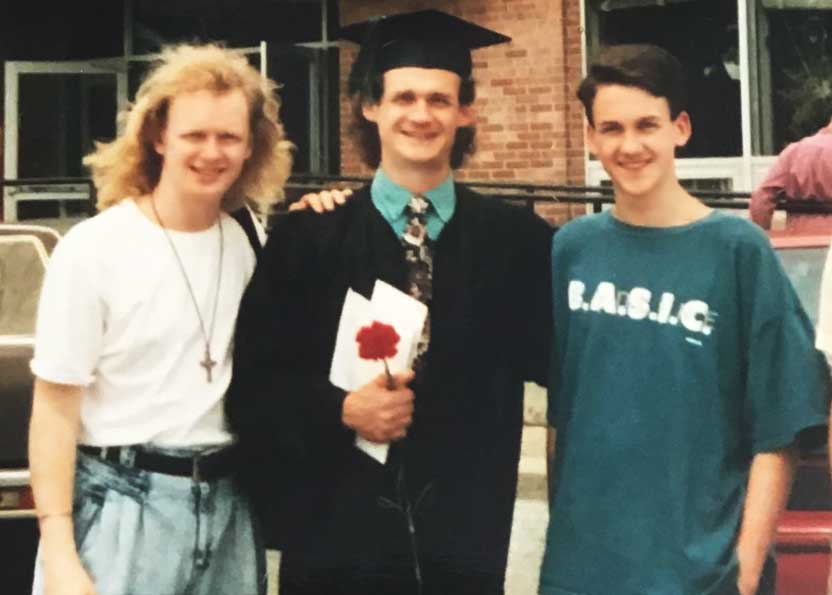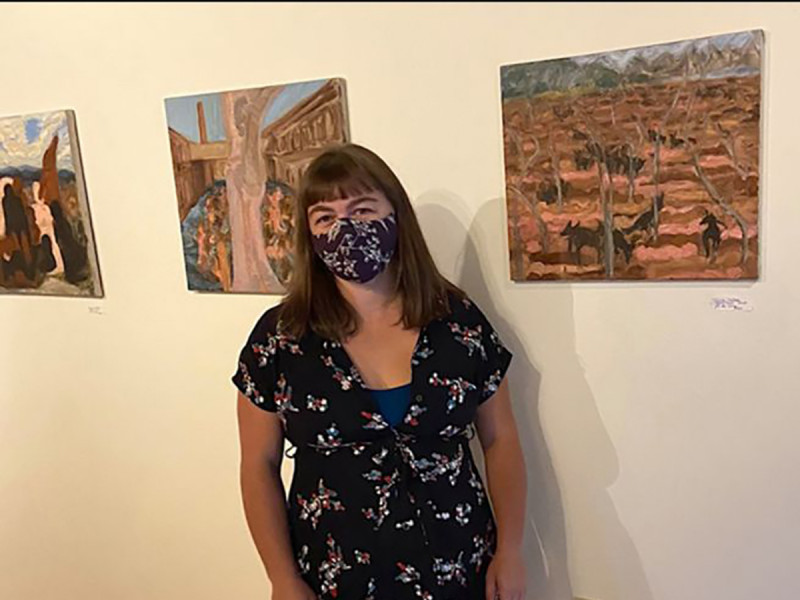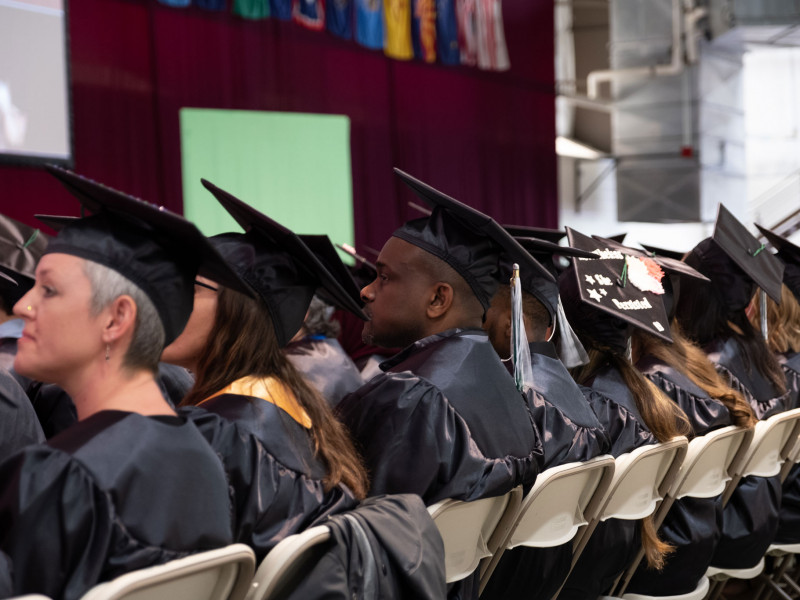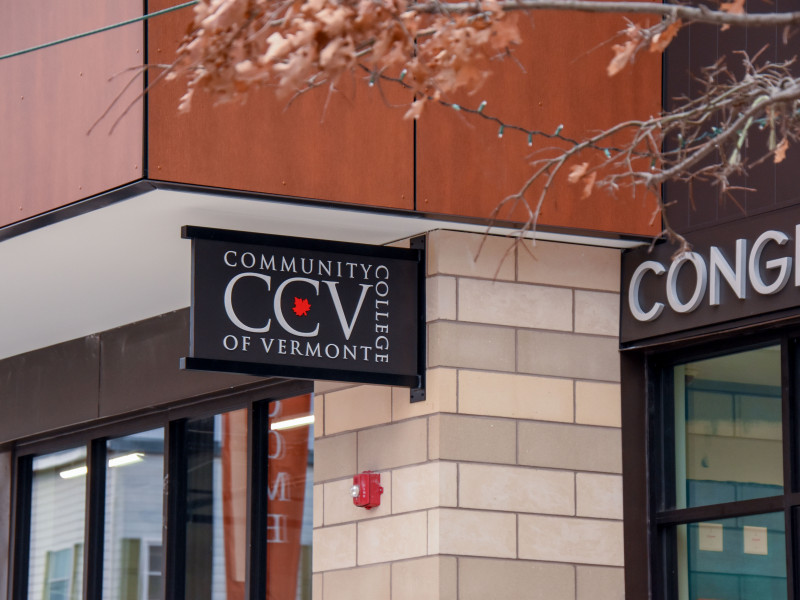
Bill LaDue was in his mid-30s when he hit rock bottom. He was newly divorced and going through an ugly custody battle over his four children. He had just sold his business and lost his home. “I had nothing,” he remembers.
Bill had started college at Clarkson University in 1971 when he was 18, but left before graduating to get married. “I worked in the engineering field without a degree, and faked it really well.” From early in the marriage, his wife suffered with severe clinical depression. When it became increasingly difficult to care for her and their small children, as well as continue his career, he took a leap and moved his family from metropolitan New York to Vermont, where he bought a country store and could live and work in the same place. “It was a complete life change”—one that worked for him, but not for his marriage.
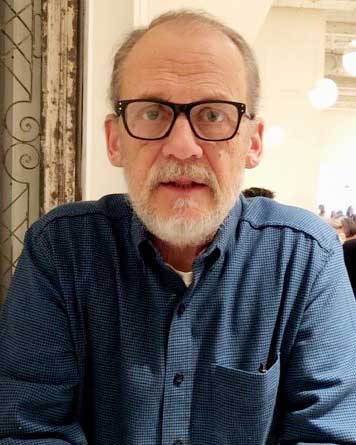
By 1990, things had fallen apart. “When my circumstances changed and I needed to go back to being an employee, I had all kinds of experience but didn’t have a college degree.”
“I found myself without any tools to move forward,” he shared. “I had gotten away with not having the education I needed and should have. I was sort of a fake, but I was really smart and up until then I could figure it out. I couldn’t figure it out anymore. I needed to have something in my hands that documented what I knew and what I could do.”
At the time, Bill was attending Rutland’s Calvary Bible Church. The pastor, Dean Crossman (whose son Phil Crossman happens to be a beloved long-time CCV coordinator of teaching and learning), helped Bill use Church funds to take his first class at CCV. It “planted a seed in me that changed my life,” he said.
His first CCV class was Assessment of Prior Learning—which offers credit for knowledge gained outside the classroom, such as at work or through military service—in the spring of 1991. Through that one class, he earned 34 credits. “All of a sudden I had a jump start,” he said. “It was like, ‘I can do this. This is doable.’ It didn’t feel like starting from zero.”
That fall, he continued with four CCV classes in literature, writing, art history, and sociology, worked full-time, and “pretty much never slept.” But he knew he had to keep going. “I realized I needed to have a degree…without it, I was pumping gas at an all-night gas station.”
“I was transformed,” he says of shifting his focus from engineering to the humanities. “I just ate it up.” He started thinking about pursuing a career in mental health services.
After CCV, Bill went on to Vermont College’s adult degree program—perfect, he said, for people like him—where he completed a liberal arts degree with a concentration in counseling psychology. From there, he earned a scholarship to attend a Trinity College graduate program in community mental health management. Trinity closed after his first year there, prompting him to move on to a master’s in public health at Columbia. It was a program populated mostly by physicians, but “I just loved it. It was like ‘this is where I was meant to be.’” His interests expanded further, to also include traditional health care.
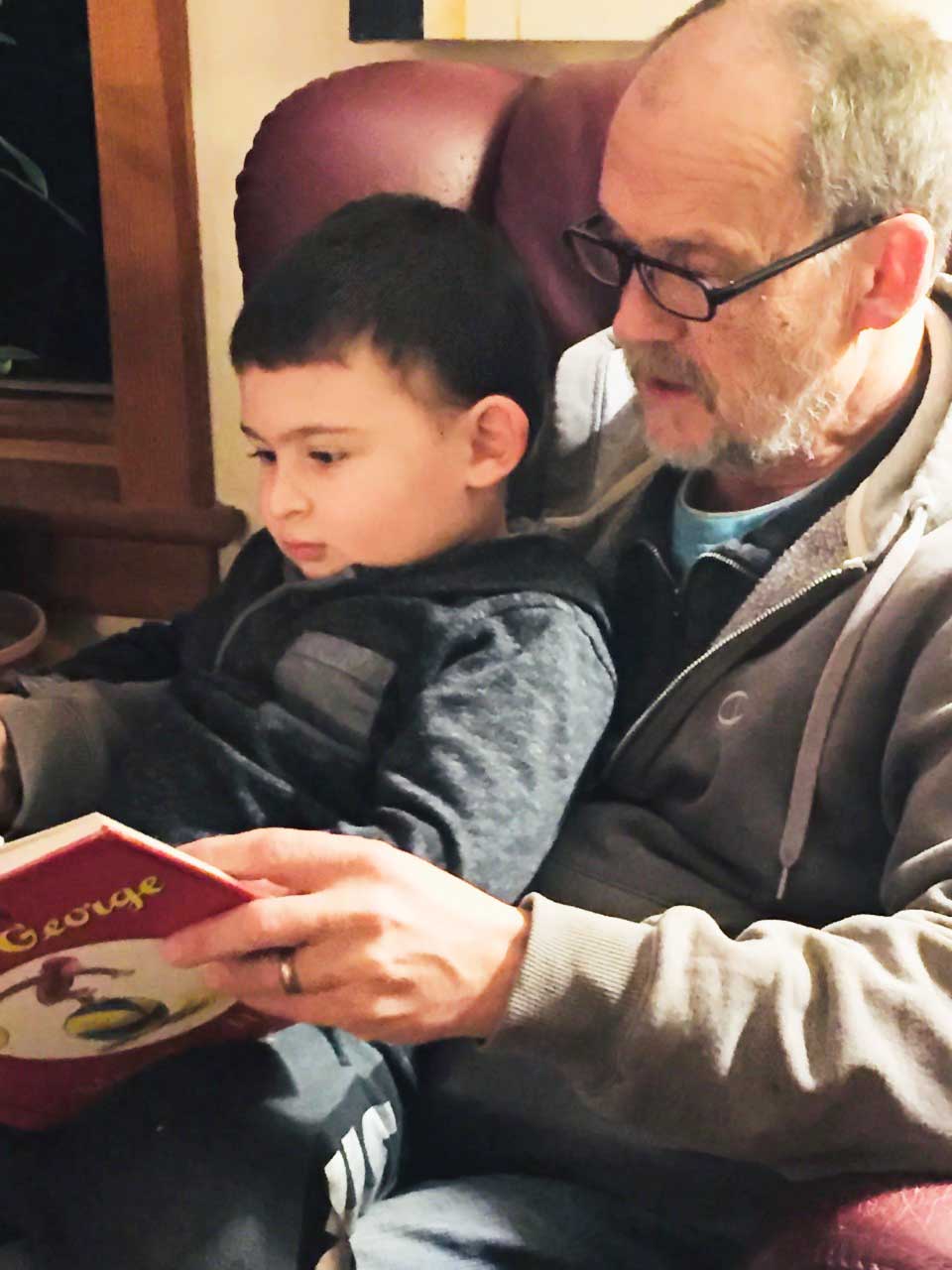
Following graduation, he was offered a job as business manager for the Department of Pathology at Columbia’s medical school, and eventually became the department administrator for the Department of Radiology. Bill’s career at Columbia spanned over 8 years. He loved his work, and it also came with an important perk: 50% of tuition was covered for his children to attend college, anywhere. As a first-generation student, he understood the value of pursuing education beyond high school.
Bill’s four children remained a priority throughout his education and career. “It also set an example for [them],” he said. “I’m working full-time and had full custody of two of my children during that time. That’s part of the story too. Children learn by what you do, not what you say.”
From Columbia, he moved on to a position with the University of Vermont Medical Center (then Fletcher Allen), as director of Pathology and Radiology, where he worked for eight years until his retirement.
“And now thanks to the career I wound up having, all of a sudden I have retirement funds, kids’ college paid for, I’m able to be comfortable in retirement and enjoy my lovely home in Vermont,” he said. “None of that would have happened if it wasn’t for that start at CCV…It ignited something in me that was buried for many years. I just came on fire. I couldn’t get enough.”
“It was pretty amazing,” he says of the launch he got at CCV. “It’s never too late. You can completely start over…CCV is a great place to start.”

